
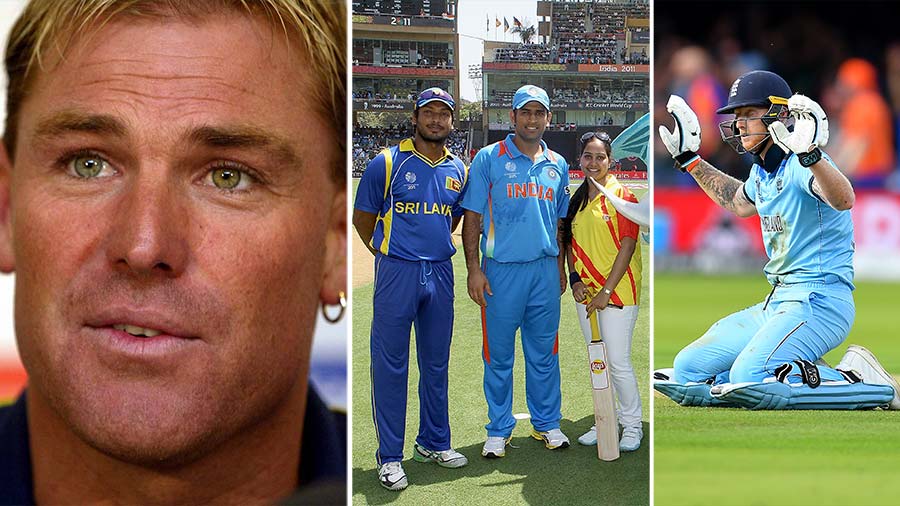
With the latest edition of the ICC Men’s Cricket World Cup underway in India, My Kolkata digs through the vault of controversial World Cup moments to pick out 10 of the most infamous ones, including those involving Shane Warne, Mahendra Singh Dhoni and Ben Stokes
Photos: Getty Images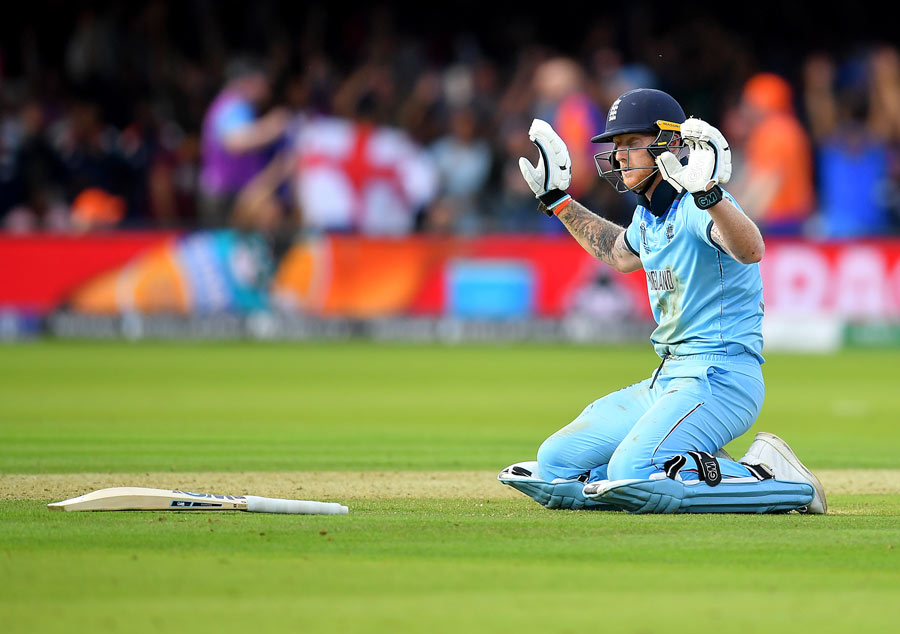
Cricket’s most debated overthrow (2019): If England winning the World Cup against New Zealand at Lord’s on account of hitting more boundaries after a tied match and a tied super over was not enough for the controversy quotient, sample this. With nine runs needed off three balls in the last over of the game proper, Ben Stokes (born in New Zealand!) ran for his life at the striker’s end to complete two runs. As he slid, the throw from deep by Martin Guptill ricocheted off Stokes’s bat and raced off for a four. England were awarded six runs, even though the rules of the game say they should only have got five as the batters (Stokes and Adil Rashid) had not crossed the crease when the throw came in. To add insult to the Kiwis’ injury, the right interpretation of the rules would have also seen Rashid, and not Stokes, on strike with two balls to go
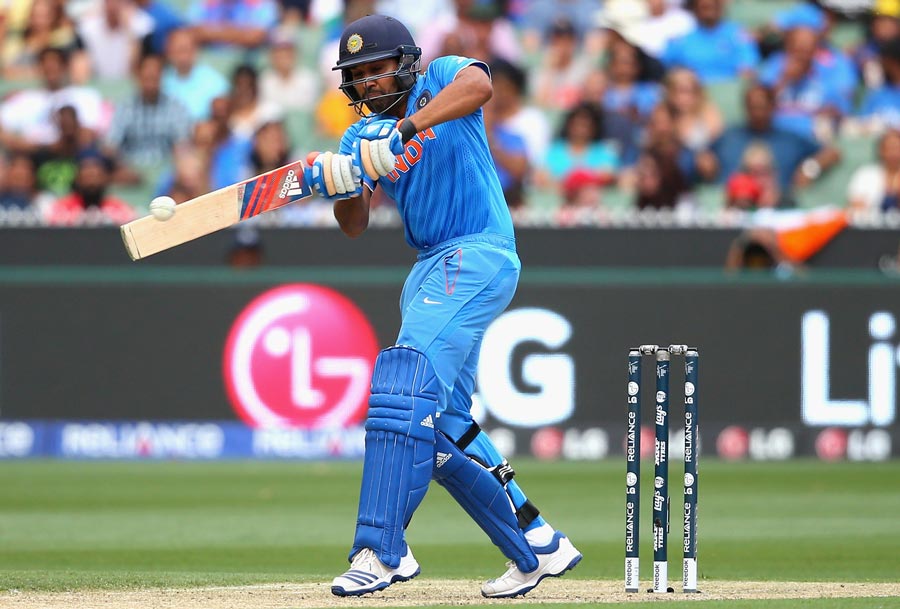
Bangladesh call out the ICC for ‘biased’ umpiring (2015): In a high-voltage quarter-final showdown between India and Bangladesh in Melbourne, the Bangla Tigers appeared to have got Rohit Sharma out on 90, when umpire Ian Gould ruled the Rubel Hossain full-toss that had Rohit out caught to be a no-ball. Replays showed that Gould’s decision was questionable at best. Rohit went on to add 47 runs as India posted 302, before limiting Bangladesh to 193. After the match, the Bangladesh camp called out what they perceived as ‘biased’ umpiring, going to the extent of describing the ICC as the “Indian Cricket Council”. Even Sheikh Hasina, the Prime Minister of Bangladesh, went on record to blame the umpiring for her country’s exit from the World Cup
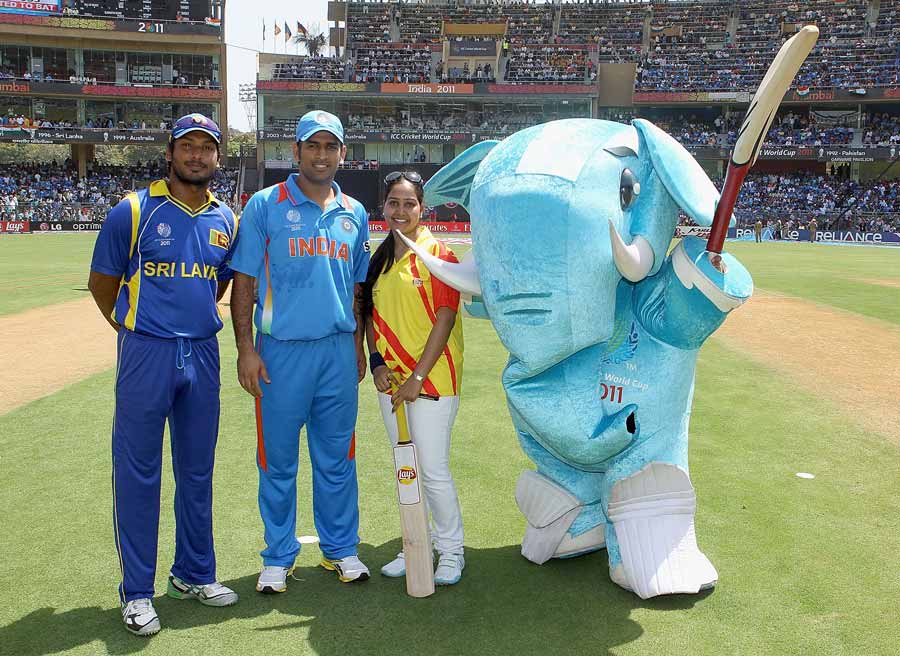
The double toss (2011): World Cup final tosses are usually where fate becomes paramount. Just ask Sourav Ganguly, who won the toss in 2003, only to send Australia in on a batting paradise at Johannesburg. Eight years later, Mahendra Singh Dhoni, upon reaching the same stage, this time against Sri Lanka in Mumbai, opted to bat first. However, Dhoni’s opposite number, Kumar Sangakkara, quickly intervened, arguing that his call was misheard by Dhoni due to the noise in the stadium. Without letting matters escalate further, all present agreed to a second spin of the coin, which landed in favour of the Lankans. Unfortunately for Sangakkara, that was about that in terms of fate smiling on Sri Lanka in the final
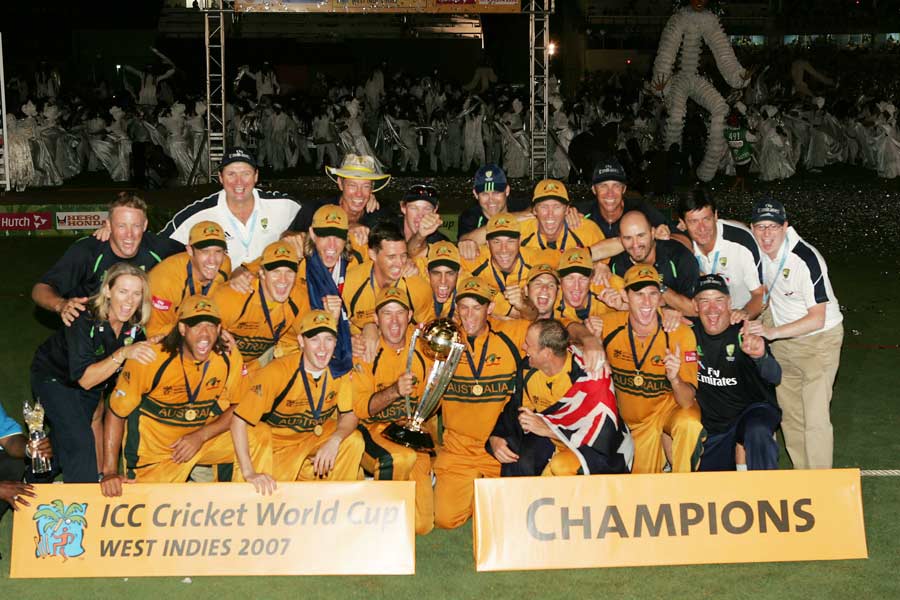
Australia win the final twice over (2007): The final of the World Cup in the Caribbean, between Australia and Sri Lanka, was played at the Kensington Oval in Bridgetown, which did not have the provision of floodlights. The assumption was that there would be no need for artificial lightning in a day game. But with inclement weather delaying the start of the match, the final few overs of the Sri Lankan innings had to be bowled in pitch darkness, with Australia only allowed to bowl their spinners. This after Australia had prematurely celebrated becoming world champions only to realise that the required quota of overs had not been completed. Then again, with Sri Lanka nowhere close to chasing Australia’s score of 281, the Aussies soon got to rejoice a second time on winning their third consecutive world title
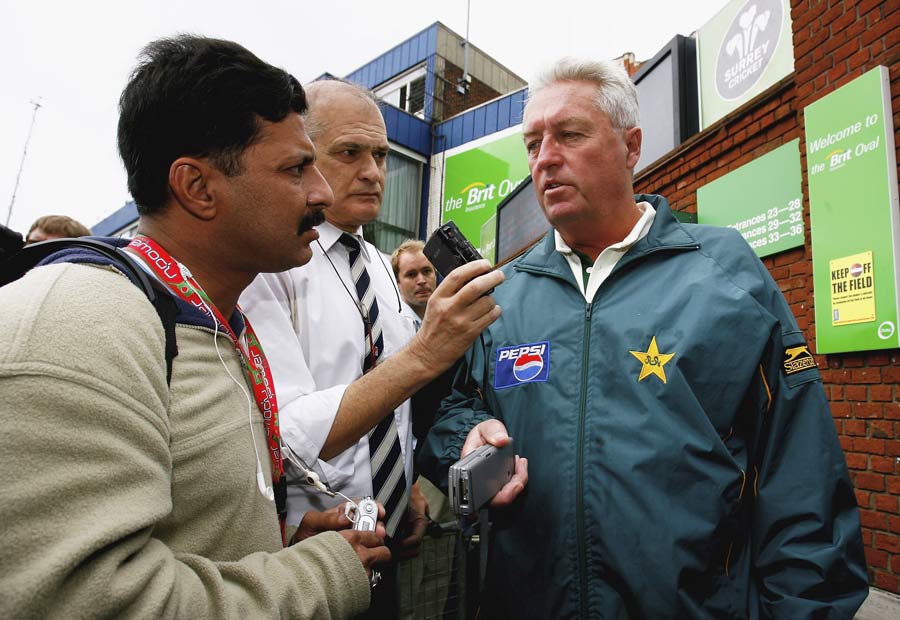
Bob Woolmer’s death (2007): Just when it seemed that Pakistan’s World Cup in the West Indies could not get worse after a defeat against rank minnows, Ireland, the entire cricketing world went into shock on learning that Bob Woolmer had passed away. The Pakistan coach, 59, was found dead in his hotel room, with the initial reason of death believed to be a heart attack. However, within hours, all sorts of rumours were rife, including those of murder, after a pathologist’s report alleged death by asphyxiation. It took almost two months — during which Pakistani cricketers had to put up with multiple conspiracy theories implicating them — before the Jamaican police announced that Woolmer had died of natural causes

Shane Warne banned (2003): After a star turn in the 1999 edition, the world’s greatest leg-spinner found himself out of the World Cup one day before the tournament got underway in South Africa. Warne had tested positive for Moduretic (a diuretic) known to negate the presence of steroids. While he denied the charges initially, Warne later admitted that he was not entirely familiar with the anti-doping code in place at the time. As for Australia, they managed swimmingly without Warne, winning yet another World Cup
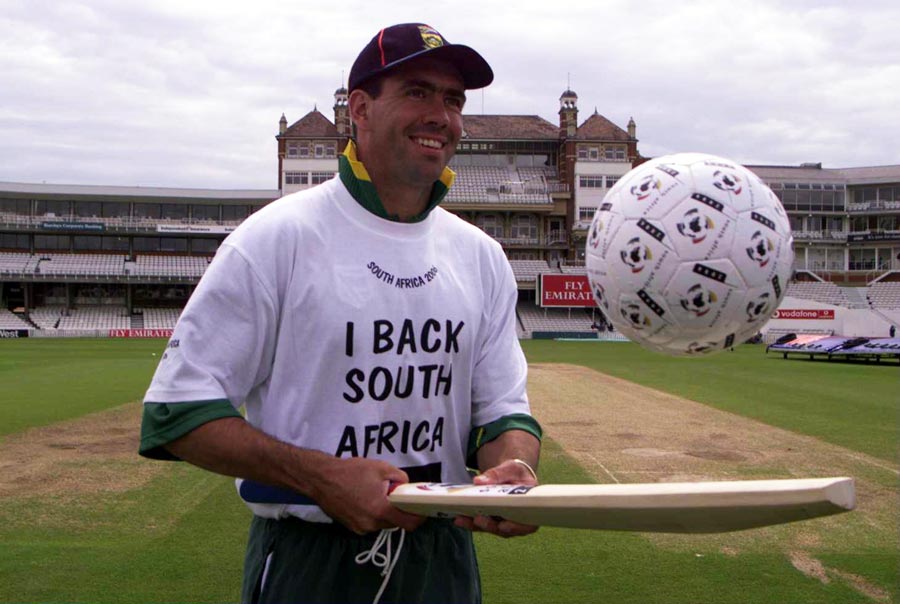
Hansie Cronje’s earpiece (1999): While Allan Donald’s running may have received the most condemnation from South Africans in the wake of the 1999 World Cup in England, it was Hansie Cronje, no stranger to controversy, who actually flouted the rules. During the Proteas’ match with India, Cronje used an earpiece on the field to communicate with the team’s then coach, Woolmer, in the dressing room. Sourav Ganguly spotted the infraction and reported it to the on-field umpires, who consulted the match referee and asked Cronje to remove his earpiece immediately
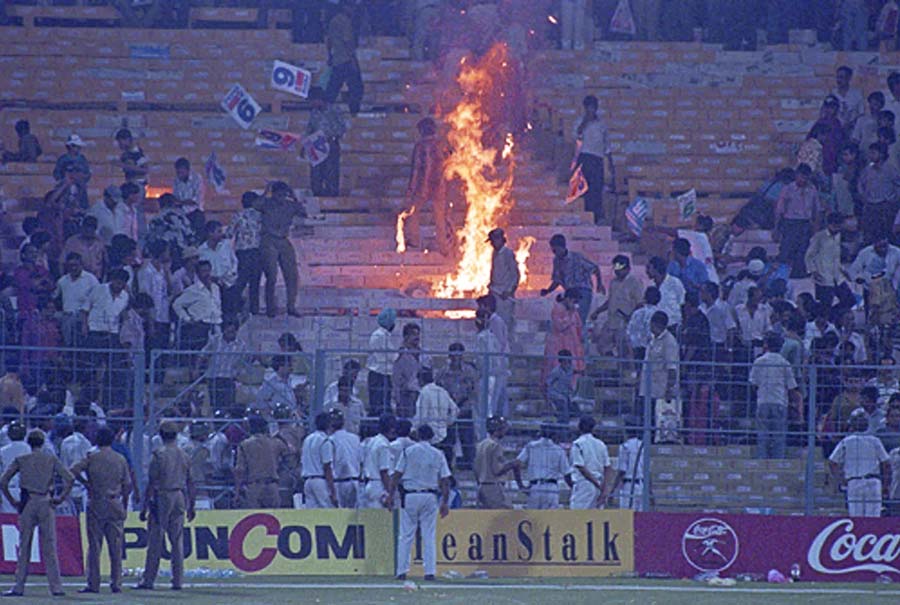
A glimpse of hell in Eden (1996): India were on track to reach their first World Cup final on home soil as Sachin Tendulkar appeared in cruise control in the semi-final against Sri Lanka at the Eden Gardens in Kolkata. But as soon as Tendulkar was dismissed by Sanath Jayasuriya, hitherto latent demons in the pitch came to surface. India lost their next six wickets for 22 runs, with a decent batting track suddenly turning square. To make matters worse, incensed Indian fans started throwing bottles onto the field out of frustration. Some even set fire to their seats. Unable to control the crowd, the match was suspended and handed to Sri Lanka, who went on to become world champions in Lahore
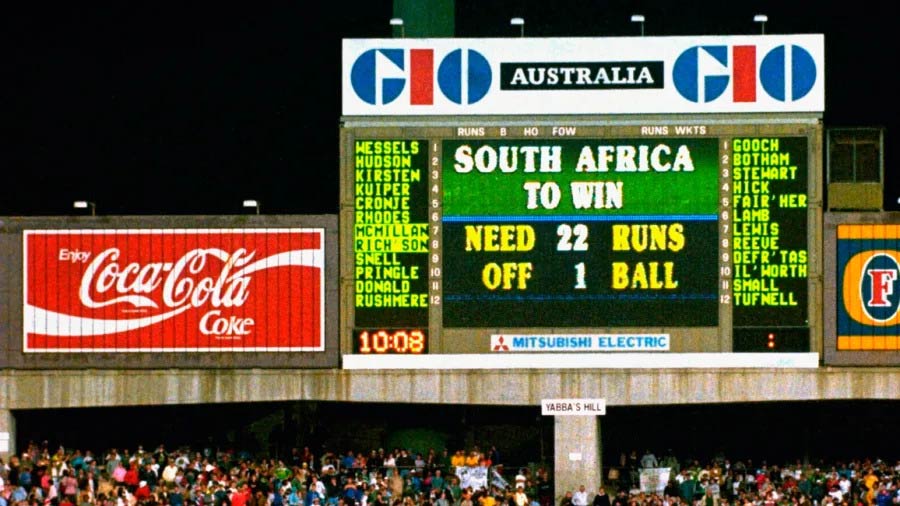
Rain and maths doom South Africa (1992): Playing their first-ever World Cup, South Africa were poised to make it to the final by beating England, when the skies opened up in Sydney. Following the resumption of the semi-final, South Africa’s equation was adjusted from needing 22 runs off 13 balls to 22 off just seven. And then, out of nowhere, the equation was changed once more. As per the most baffling message seen on a cricketing scoreboard, South Africa now needed 21 runs off one ball (the scoreboard incorrectly showed 22 runs off one ball)! This calculation had been reached by following a rule that factored in the least productive overs of the team batting first to figure out the chasing team’s target. A furious Brian McMillan ran a single off the last ball and brusquely walked off the field, taking South Africa’s World Cup hopes with him
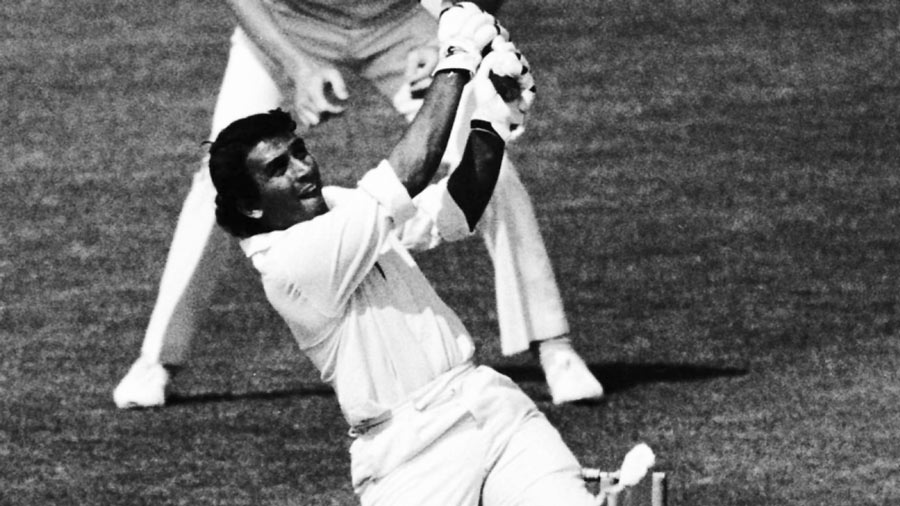
Sunil Gavaskar bats 60 overs to score 36 (1975): The very first men’s World Cup match remains notorious almost five decades later due to the actions of one man. Chasing 335, India relied heavily on maestro Sunil Gavaskar to get remotely close to England’s total. But Gavaskar, yet to appreciate the nuances of ODI cricket, went into a shell. Even though he batted the full 60 overs (which was the maximum number of overs per innings in ODIs back then), Gavaskar had only managed 36 runs off 174 balls. Years later, Gavaskar gave an unsatisfactory response to the outrage that followed his innings by writing in Sunny Days, his autobiography: “I couldn’t force the pace and I couldn’t get out. Towards the end, I was playing mechanically.”